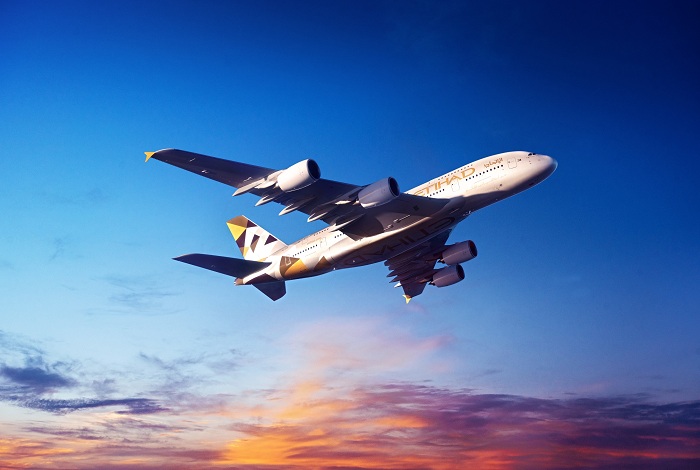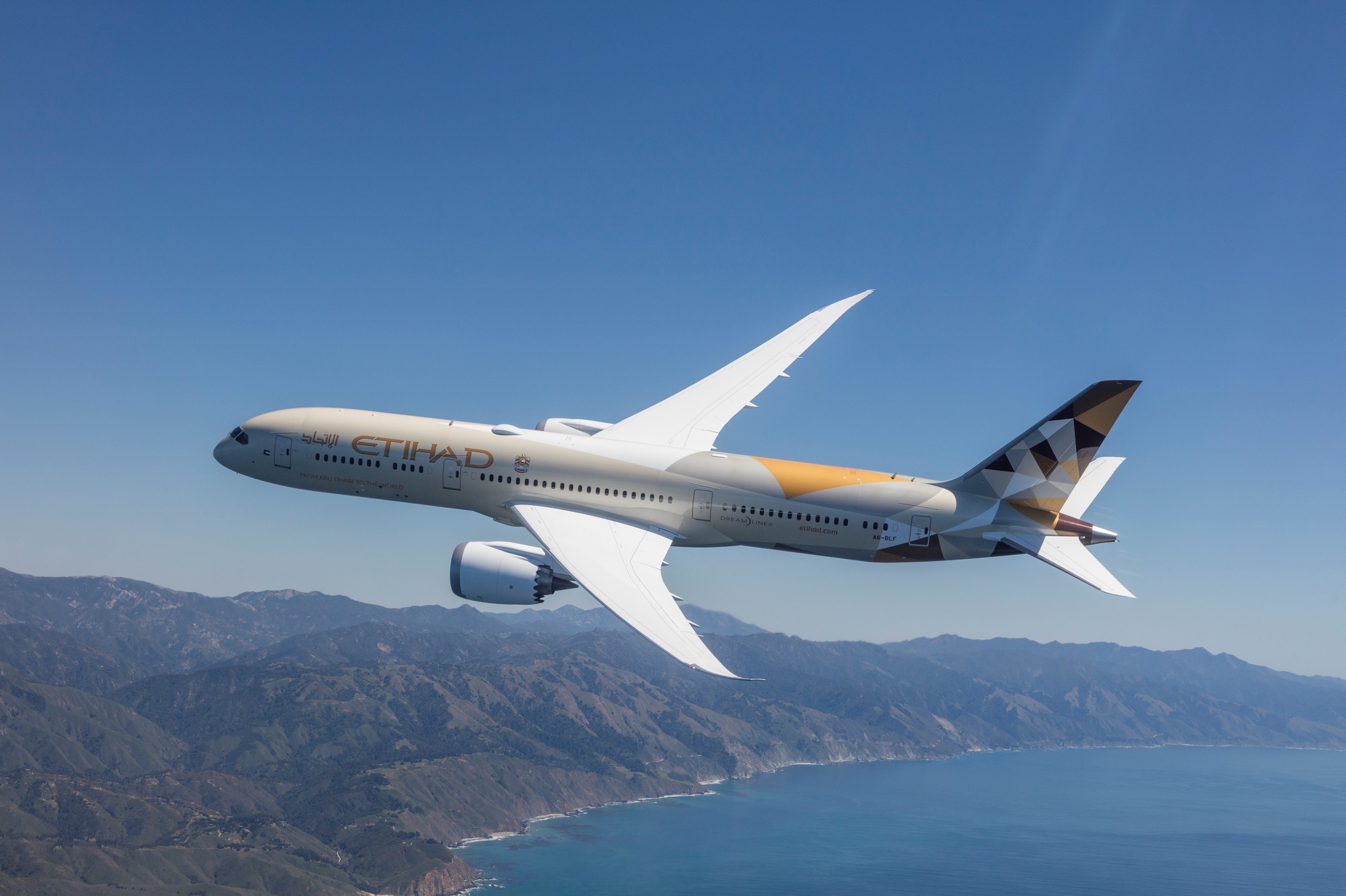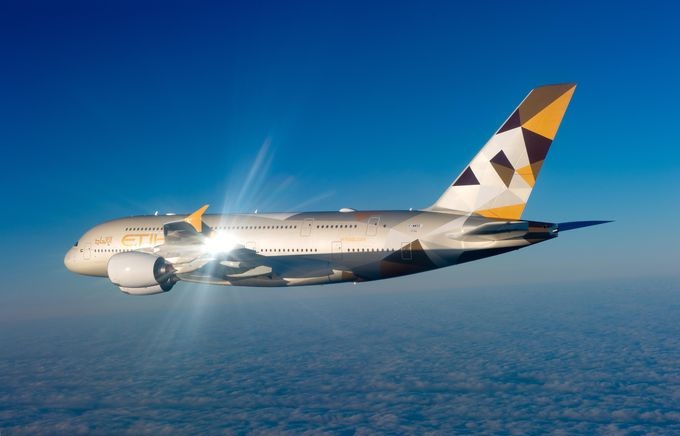
Breaking Travel News interview: Peter Baumgartner, senior strategic adviser at Etihad Aviation Group
Peter Baumgartner, senior strategic adviser at Etihad Aviation Group, here addresses the question of how the airline industry can embrace digital transformation through innovative partnership strategies
Digitisation will fundamentally change the airline industry, and we are already in the middle of this process.
However, unlike many non-legacy businesses, network airlines do not have an easy time keeping up with the pace of the digital revolution.
It is not immediately obvious how this densely networked industry can best secure its interests in the travel ecosystem in the digital age and seize growth opportunities.
If our industry wants to keep its place in the travel value chain, we primarily need to rethink strategic partnerships.
Partnerships have always been crucial for the airline industry, almost right from its inception.
Over the years, they have become even more important.
In the digital world, competitive advantage comes from working together.
As our industry continues to evolve, we need to explore new approaches and alternatives to conventional bilateral partnerships.
Why? Because airlines still have a habit of putting emphasis on the “tangible” product, not on the overall experience.
But airlines can no longer rely on differentiating themselves by seats.
The idea of using a few standardised cabins to meet all the world’s customer needs seems rather naive in today’s digital environment.

Digital transformation drives customer-focus
It is particularly the digital transformation, specifically a digital product and a digital merchandising and distribution function, that has the potential to enable airlines to become more customer-centric and custom-made by giving travellers the ability to choose what they want, and thus individualise and personalise their experience from an unbundled product.
Yet, the aerospace industry is lagging behind when it comes to customised customer orientation and personalisation due to the (often) outdated technology on which full-service airlines have been dependent for far too long.
What this means is that some of the most forward-looking partnerships in the airline industry have to be with incubators, start-ups and accelerators – collaborations that have the potential to develop our industry’s digital architecture.
The digitalisetion of aviation, travel and tourism can create hundreds of billions of dollars in added value for these industries over the next ten years.
This will be achieved by increasing productivity through automation, increasing revenue through personalisation and increasing efficiency through artificial intelligence.
All this would simply not be possible without the latest technology and an open innovation culture.
For instance, one of the keys to success will be the development of digital platforms that make airlines independent especially in the area of product design and distribution.
These platforms will allow the efficient use of open architecture and APIs to share data with third parties, integrate standard applications and develop own applications with a short time to market.
We need to put in place a plug-and-play ecosystem that makes the most of dozens and sometimes even hundreds of specialised technology vendors.
As a foundational capability, the travel industry needs to become much smarter in complex data analytics (big data), machine learning and AI; in the development and management of new digital touchpoints; and in managing the digital guest experience, generating personalised messages and offers.
In other words – the need of adopting a “data first” mentality and approach.

Keep control over the digital customer with NDC
Who can best exploit the potential of digital customers - both directly and indirectly?
And how do airlines - and travel providers in general - secure themselves the best starting position?
The question of who “owns” the customer in the digital economy is a question that every company must ask itself - especially in the highly emotional travel and tourism industry.
For many modern travellers, their first port of call is often not a direct channel, but a meta-search engine or an online travel agency that wants to monopolise customer relationships with an enormous market presence.
It is a real danger for individual providers along the value chain to lose control over how a system of complex product components is offered to the customer and at what price.
Thus, we need to give consumers a good reason to download our app or visit our website instead of going to Google Flights first.
The key question is how to bring a diversity of products to customers, whether through the direct or indirect sales channel.
And this is exactly where the IATA NDC standard comes in, since the solution to this central issue could indeed be NDC, which is not just another API, but a paradigm shift in distribution.
The reason NDC is so valuable to the aerospace industry is because it has the market power to change the existing distribution systems fundamentally and sustainably.
Of course, NDC will continue to allow meta-search engines and tour operators to connect to an airline not only to request a quote, but to give them direct access to aircraft seat inventory and ancillaries.
The decisive difference, however, is that the airline retains control over the creation of this offer, which is presented in a user-friendly and personalised way.
Another strength is that the airline’s quoting is done in real time, ensuring consistency across all channels and, once again, control over the content of the quote is in the hands of the vendor.
This will have an incredibly democratising effect on distribution.
The introduction of blockchain is another good example of how a technology could fundamentally change our industry.
The traditional organisations that coordinate the ecosystem, including the GDSs, IATA Clearing House and industry associations, could quickly become redundant if the value chain of distribution is decentralised and shortened.

Leverage the unique position in the value chain
The travel ecosystem has traditionally been isolated and reluctant to work together.
Yet, in our environment, the “letting go” is often the most beneficial thing to do.
The question we must ask is: how can suppliers control the value chain in a digital environment, while the customer is king and has ever greater control over his own purchase?
The customer has the transparency and the tools to choose for him- or herself.
It is up to us to ensure that we use the ecosystem in such a way that consumers ultimately choose what we offer.
Airlines are the physical and therefore critical part of the travel value chain.
This provides airlines with very relevant and attractive opportunities to evolve – or even reinvent – their business model and revenue streams in the age of digitalisation.
In a fast-paced and highly dynamic “new normal”, the ability to develop and manage an ecosystem of horizontal, vertical and complementary partnerships is crucial. In addition, it is also imperative to be able to create a culture in which the traditional strengths of one’s own industry are combined with new digital capabilities.
All of us need to be willing to take risks in innovation, and to be open to new business models.
More Information
Peter Baumgartner is senior strategic adviser at Etihad Aviation Group.
The above opinion piece is based on a speech he presented to the Swiss Travel Summit on in October – which was coincidentally, but fittingly, also the Swiss ‘Digitaltag’, a nation-wide celebration and showcase of digital innovation.
Find out more about Etihad, the flag-carrier of Abu Dhabi, on the official website.

